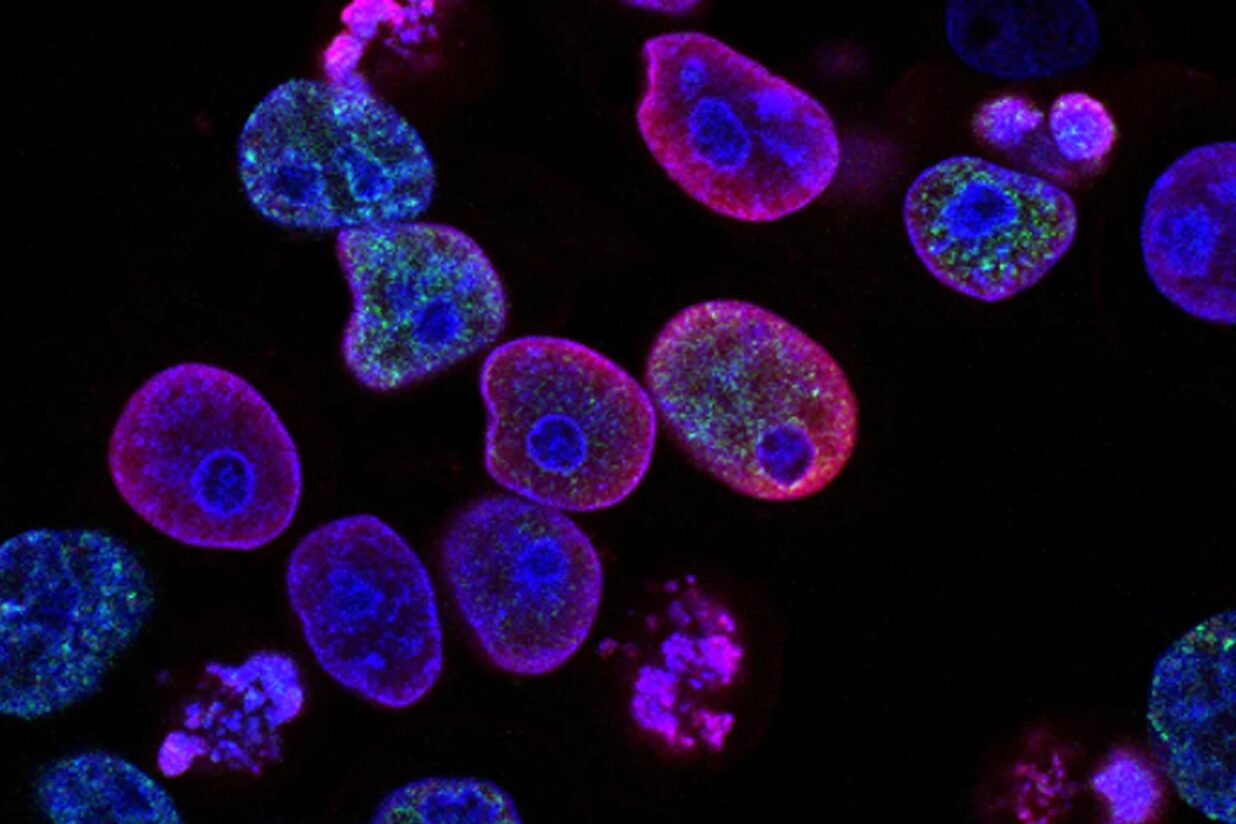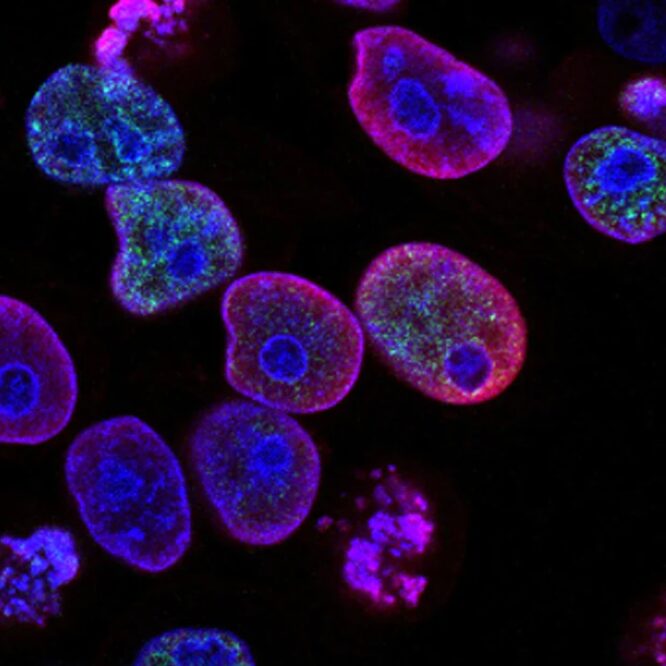You hear about eating a heart-healthy diet. Your doctor has likely noted the importance of getting enough fiber. But, how often do you hear about eating for your spleen? Diet alone won’t be enough to heal a struggling spleen, but getting enough of the right nutrients can certainly help your immune system function its best. Please note that research into the impacts of nutrition is notoriously difficult to do, and that many of these guidelines are based off of small human and animal studies.
What Does a Spleen Do?
The spleen is an often overlooked, but incredibly important, organ in our bodies. The spleen serves multiple functions, including filtering the blood, removing old or damaged blood cells, and helping to fight off infections. It also plays a role in our immune system and helps to regulate the storage of blood cells.
Alison Acerra, a Registered Dietitian and Medshadow Advisory Board Member, said it is possible to focus on spleen health, and learn how you can “support its functioning using nutrition.”
While you can live without the organ, the spleen is important to overall health. It is tasked with assisting our immune system, helps to regulate blood flow, and supports our body’s ability to heal and recover.
“When our spleen is not in optimal condition, it can lead to various health issues, such as increased susceptibility to infections, fatigue, poor digestion, and a weakened immune system,” says Acerra. “Taking care of our spleen is a proactive step towards maintaining our overall health and vitality. By understanding how food and nutrition can positively impact our spleen and implementing those practices, we can support its optimal functioning and, in turn, boost our overall well-being. So, it’s definitely worth putting some attention and care into nurturing our spleen!”
Five Foods to Support Spleen Health
Acerra said there are five main ways we can use food and nutrition to support the health of our spleen.
1. Eat the Rainbow
As you’ve likely heard for overall health and getting a variety of nutrients, sometimes monitoring your food’s color is helpful!
“Nourish your spleen with a rainbow of foods,” said Acerra. “Fruits, vegetables, and whole grains that come in vibrant colors are packed with essential nutrients and antioxidants that support spleen function.”
To help get you started, some of the popular picks for Acerra include a plethora of hues.
“Think leafy greens, juicy berries, and colorful bell peppers,” said Acerra. “These foods not only look beautiful on your plate but also provide the necessary building blocks for a strong and resilient spleen.”
2. Balance Your Blood Sugar
Keeping your blood sugar balanced is another crucial way you can keep your spleen in a healthy condition.
“Consuming too many sugary or processed foods can wreak havoc on our spleen, leading to inflammation and weakened function,” says Acerra. “Instead, opt for complex carbohydrates like quinoa, sweet potatoes, and brown rice, which release energy slowly and keep your blood sugar levels stable.”
Keeping your blood sugar in check, has more benefits beyond a healthy spleen. They not only support your important organ, but also improve your overall energy and mood.
3. Time for a Gut Check
The overall health and balance of your gut will also go a long way to protect your spleen.
“A healthy gut means a happy spleen,” says Acerra. “Incorporate gut-healing foods like fermented vegetables, kefir, and bone broth into your diet. These foods are rich in probiotics, which promote a healthy gut microbiome and enhance spleen function.”
4. Add More Superfoods
As the name implies, adding superfoods to your diet is the nutritional equivalent to “more bang for your buck.” If each food you eat has a multi-purpose benefit to your body, you’re getting more nutrition from your diet.
“Superfoods are nature’s superheroes, packed with an abundance of nutrients and healing properties,” says Acerra. “Acai berries, spirulina, turmeric, and ginger are just a few examples of superfoods that can give your spleen the extra boost it needs.”
Incorporating these foods into your meals can provide multiple benefits to your health. If you are stuck on where or how to use them, consider adding smoothies to your routine to pack more nutrients into your day.
5. Address the Stress
“Chronic stress can negatively impact our spleen by weakening our immune system and causing imbalances,” says Acerra. “It’s essential to find ways to reduce stress in our daily lives. Practicing mindfulness, meditation, gentle yoga, or simply taking time for self-care can work wonders for your spleen health.”
Food Is Medicine
Before you reach for the next wild craze, remember that what you consume each day makes a huge difference in your overall health. All of your organs will thank you when you make it a habit to eat a healthy, well-balanced diet.
These are just five ways to use food and nutrition to maintain your spleen health.
“Remember, our bodies are incredible vessels that deserve our love, care, and respect,” says Acerra. “By nourishing our spleen with the right foods and lifestyle choices, we can achieve optimal health and well-being.”







